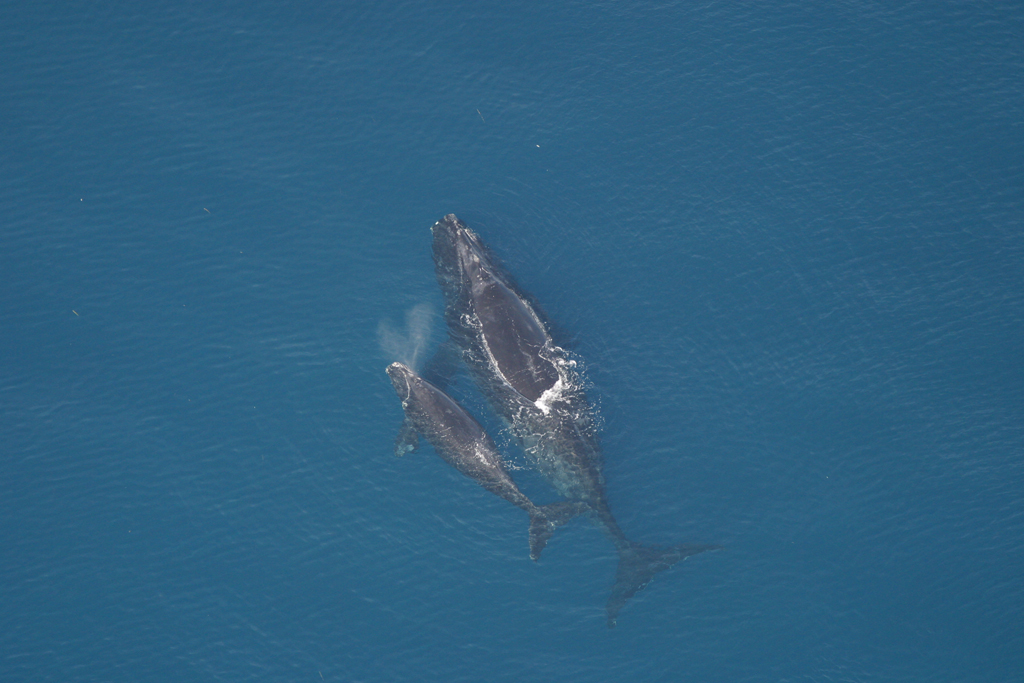When a Canadian federal-provincial environmental review panel ruled in 2007 that a proposed quarry would go against community core values and would threaten right whales and other marine life in the Bay of Fundy, groups that had fought against the project believed that was the end of the story.
But, that is not how the system works under the North American Free Trade Agreement (NAFTA), which has dispute settlement provisions allowing corporations to sue governments for compensation when they feel the local environmental approvals process has interfered with expected profits.
Instead of abandoning efforts to build a quarry and marine terminal on Digby Neck, Delaware-based Bilcon headed for the NAFTA Investor-State Dispute Settlement tribunal and, in 2015, the three-person panel ruled two-to-one that the environmental assessment panel had violated Canadian law by using the criterion of core community values.
Bilcon has claimed $300-$500 million in damages.
Bilcon project included shipping path in endangered whale nursery
The Bilcon NAFTA ruling was inexplicable to Nova Scotia residents as the company planned to blast within 50 metres of the Bay of Fundy and build a 600 foot pier with nearly 50 45,000 tonne vessels a year carrying quarried basalt to the U.S. through waters that serves as a nursery for severely endangered right whales.
ICYMI: 3% of the World’s Endangered Right Whales Died This Summer, Mostly in Canada’s Unprotected Waters
This week, the federal government and environmental organizations are in federal court arguing the NAFTA arbitration panel overstepped its bounds and, with NAFTA renegotiations underway, the case is being watched closely.
Ecojustice, working with Sierra Club Canada Foundation and East Coast Environmental Law, is arguing that Bilcon had the opportunity to ask a Canadian court to rule on the alleged breach of federal law, but, instead, went through NAFTA, which is supposed to decide only on questions of NAFTA law, meaning the tribunal stepped outside its legal expertise.
“If this decision stands it will send a chilling message that even when the Canadian government makes good decisions to protect our environment, there’s a chance that a NAFTA tribunal could swoop in, decide our environmental laws are unfair and force Canada to cough up hundreds of millions of dollars — leaving Canadian taxpayers on the hook,” Ecojustice said in a news release.
“We can’t let that happen.”
A local battle to protect a community and its environment “has turned into a broader fight to ensure international trade agreements do not supersede Canada’s environmental laws,” the release said.
The Bilcon case is under the legal microscope, but it is not the only case where Canada has been financially dinged after losing a NAFTA investor-state dispute.
The company is seeking $300 to $500 million in damages. https://t.co/8O8bRjNi4s
— DeSmog Canada (@DeSmogCanada) January 30, 2018
Canada dinged $220 million in NAFTA losses, faces half a billion more
A report by the Canadian Centre for Policy Alternatives found that, as of January 1, 2018, Canada has paid out nearly $220 million in NAFTA losses and settlements — all to U.S. investors.
Those claims often targeted legitimate, non-discriminatory environmental protection, public health and resource management decisions made by Canadian governments, according to the report.
Canada currently faces eight claims with investors demanding about half a billion dollars, including Omnitrax’s claim relating to its broken rail line to Churchill, Manitoba and Lone Pine’s challenge to Quebec’s fracking moratorium, the report found.
In addition, the federal government has spent more than $95 million in legal fees defending the ballooning number of investor-state lawsuits.
The information was compiled by CCPA senior research fellow Scott Sinclair, through access to information requests, and Sinclair would like to see the federal government grasping the opportunity to remove the process from NAFTA — something suggested by the U.S.
But, instead, Canada’s position is to retain the dispute process as it helps Canadian resource companies investing in developing countries.
Canada is the most-sued country under NAFTA’s Chapter 11 which gives companies the right to sue governments.
Since 2010, Canada has been sued twice as many times as Mexico and the U.S. combined, which is a worrying trend, Sinclair said.
“The Trudeau government has more than enough reasons to remove the undemocratic investor-state dispute settlement process from NAFTA during the current renegotiations, as proposed recently by the U.S. administration,” he said in a news release.
Canada could gain leverage by withdrawing its opposition to allowing countries to opt out of the process, Sinclair said.
“This could help negotiators advance other key Canadian interests, such as safeguarding affordable access to medicines or securing meaningful continental labour standards.”
Image: Right whale and calf. Photo: Florida Fish and Wildlife via Flickr
Subscribe to our newsletter
Stay up to date with DeSmog news and alerts






